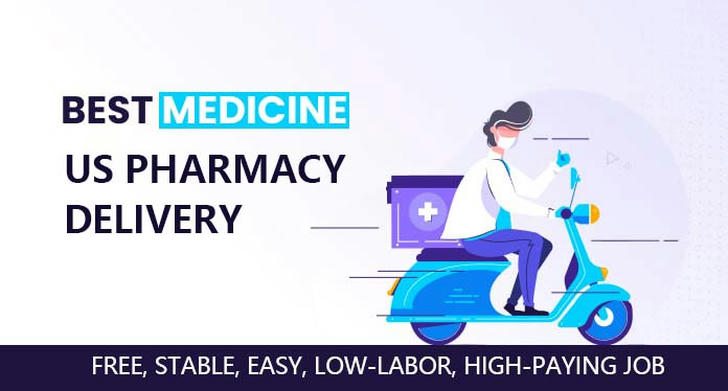# ✨ Overview of Pharmaceutical Packaging Roles in the U.S.: Positions, Salary, and Career Guide ✨
Pharmaceutical packaging plays a critical role in the healthcare industry. Positions vary widely in responsibilities, compensation, and work standards. Understanding job duties, work conditions, and required skills helps job seekers evaluate career opportunities effectively.

🔍 1. Job Types and Responsibilities
| Position | Description | Typical Locations | Experience Required |
|---|---|---|---|
| Packaging Operator | Follow cGMP standards, package solid dosage forms and biologics, adhere to SOPs | New Jersey industrial hubs | Entry-level |
| Packaging Mechanic | Support production lines and quality assurance | New Jersey (Edison, Cranbury, etc.) | Minimum 3 years technical experience |
| Quality Assurance Analyst | Monitor batch records and quality standards | Industrial regions | 2+ years QA experience |
| Sales Manager | Coordinate sales strategies and manage teams | Multiple locations | Business degree + leadership experience |
Example: In a New Jersey biopharmaceutical company, an entry-level packaging operator can independently operate automated packaging equipment after three months of training, ensuring all batches meet FDA quality standards.
Job types include full-time, temporary, and shift work (8–12 hours), mainly concentrated in major pharmaceutical hubs.
💰 2. Salary and Benefits
| Position | Salary Range | Benefits |
|---|---|---|
| Entry-level Packaging Tech | $17–$25/hour | Health, dental, vision insurance, 401(k), paid time off |
| Packaging Mechanic | $25–$40/hour | Overtime, skill-based bonuses |
| Quality Assurance Analyst | $55,000–$100,000/year | Health benefits, retirement plans, disability insurance |
| Sales Manager | $100,000–$110,000/year | Comprehensive insurance, paid leave |
Example: A packaging mechanic increased monthly income by ~15% after receiving skill-based bonuses for participating in equipment maintenance training during the first year.
Retirement plans, parental leave, and disability insurance support long-term career sustainability.
⏰ 3. Work Hours, Locations, and Requirements
Work Hours: Day, night, and 12-hour rotating shifts
Work Days: Monday–Friday primarily; some weekend flexibility
Locations: Industrial zones, especially New Jersey
Experience: 3+ years for mechanics, 2+ years for QA roles
Physical Requirements: Ability to lift 50 lbs; comply with PPE and OSHA standards
Education: High school diploma to bachelor's degree (management roles)
Regulatory Knowledge: Familiarity with cGMP and pharmaceutical manufacturing
Restrictions: Age and citizenship requirements may apply for compliance
Example: QA analysts often stand for extended periods and review batch records to ensure each product meets regulatory standards.
🎯 4. Career Development and Skills
Career Path: Operator → Technician → Mechanic → QA → Supervisory roles
Key Skills:
cGMP and SOP adherence
Equipment operation and maintenance
Certifications (e.g., Six Sigma Green Belt, pharmaceutical manufacturing tech)
Automation and packaging equipment skills
Regulatory compliance knowledge
Soft Skills: Attention to detail, teamwork, communication
Growth Tips: Continuous learning and cross-training increase promotion potential and versatility
❓ 5. FAQs and Job Search Guidance
| Topic | Key Points |
|---|---|
| Salary | Entry-level ~$17/hr; overtime often available for mechanics/operators |
| Shift Patterns | Rotating and night shifts common; flexibility required |
| Qualifications | cGMP training and batch record handling essential |
| Physical Demands | Manual lifting and prolonged standing |
| Benefits | Health, dental, vision, retirement, paid leave vary by employer |
| Job Search Tips | Tailor resumes to highlight relevant experience; network at industry job fairs |
Being informed about industry standards and job expectations helps match skills with roles effectively.
🌟 Summary
Pharmaceutical packaging is a vital part of the healthcare supply chain, with varied positions and clear skill requirements. Understanding industry standards, job responsibilities, and career paths enables candidates to plan their professional development and enhance competitiveness.
Example: After six months of training, an entry-level operator can independently complete packaging tasks and participate in quality reviews, gradually advancing to technician and mechanic roles.
💬 Discussion
Sharing experiences or asking questions about roles, skill development, and career growth can support informed decision-making and career planning.
